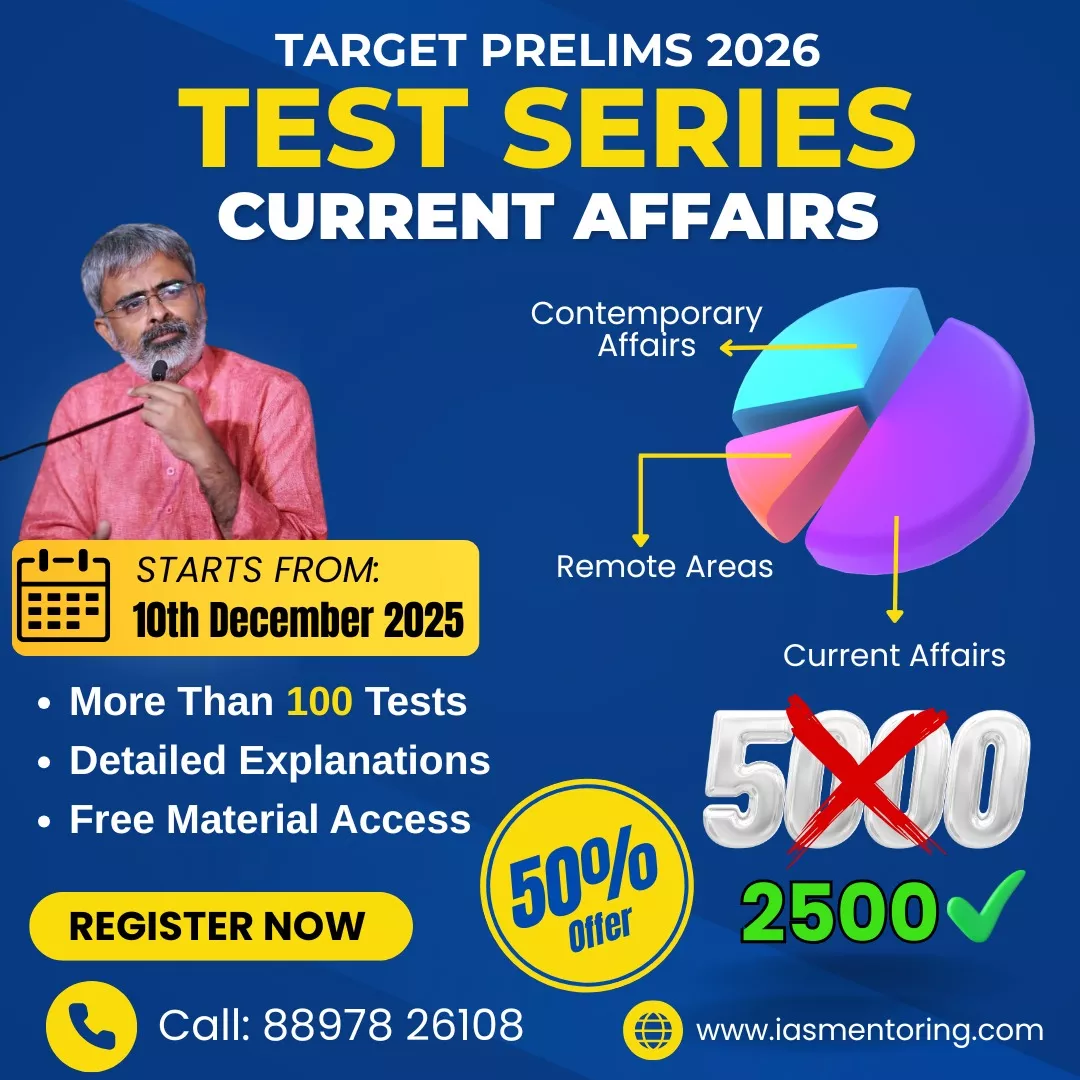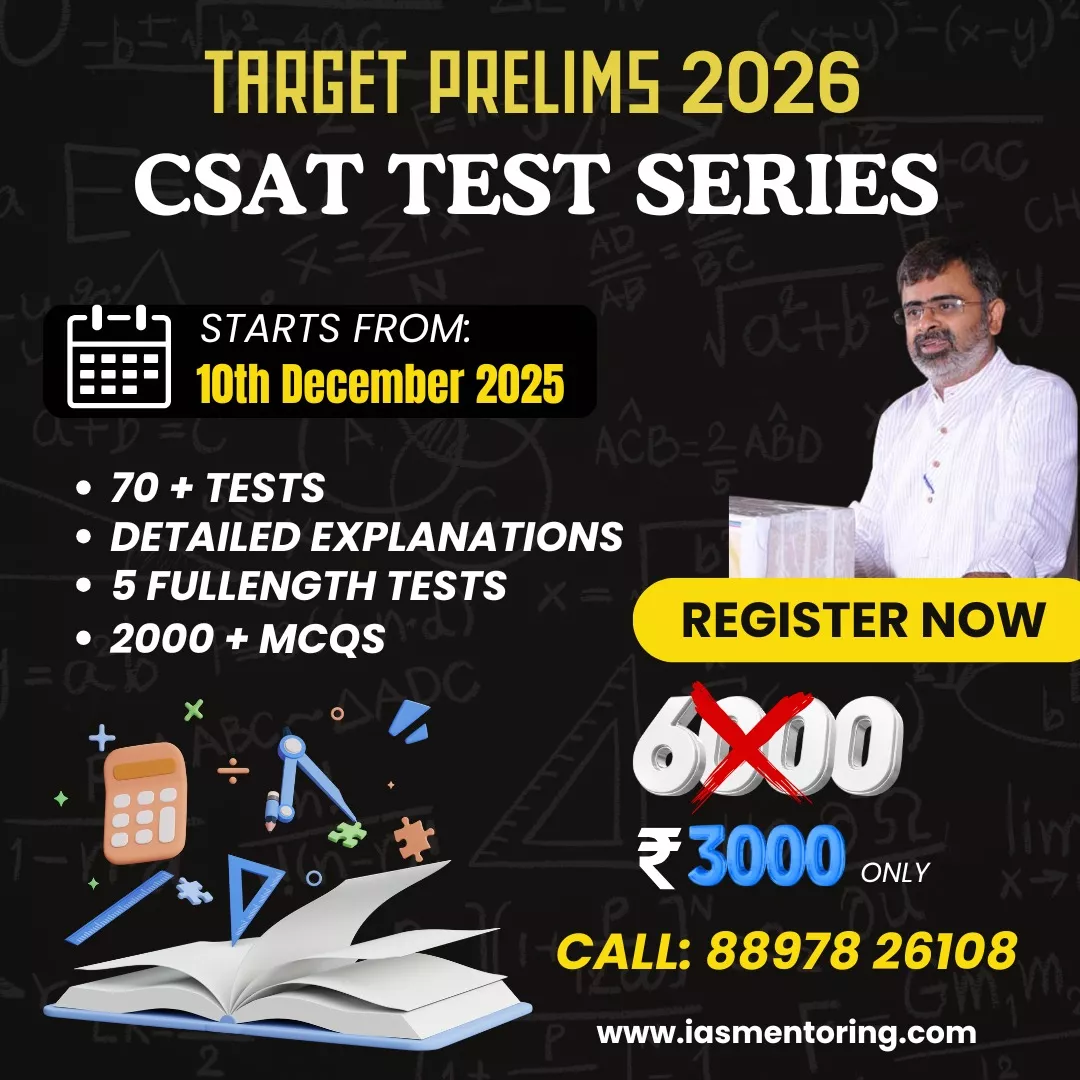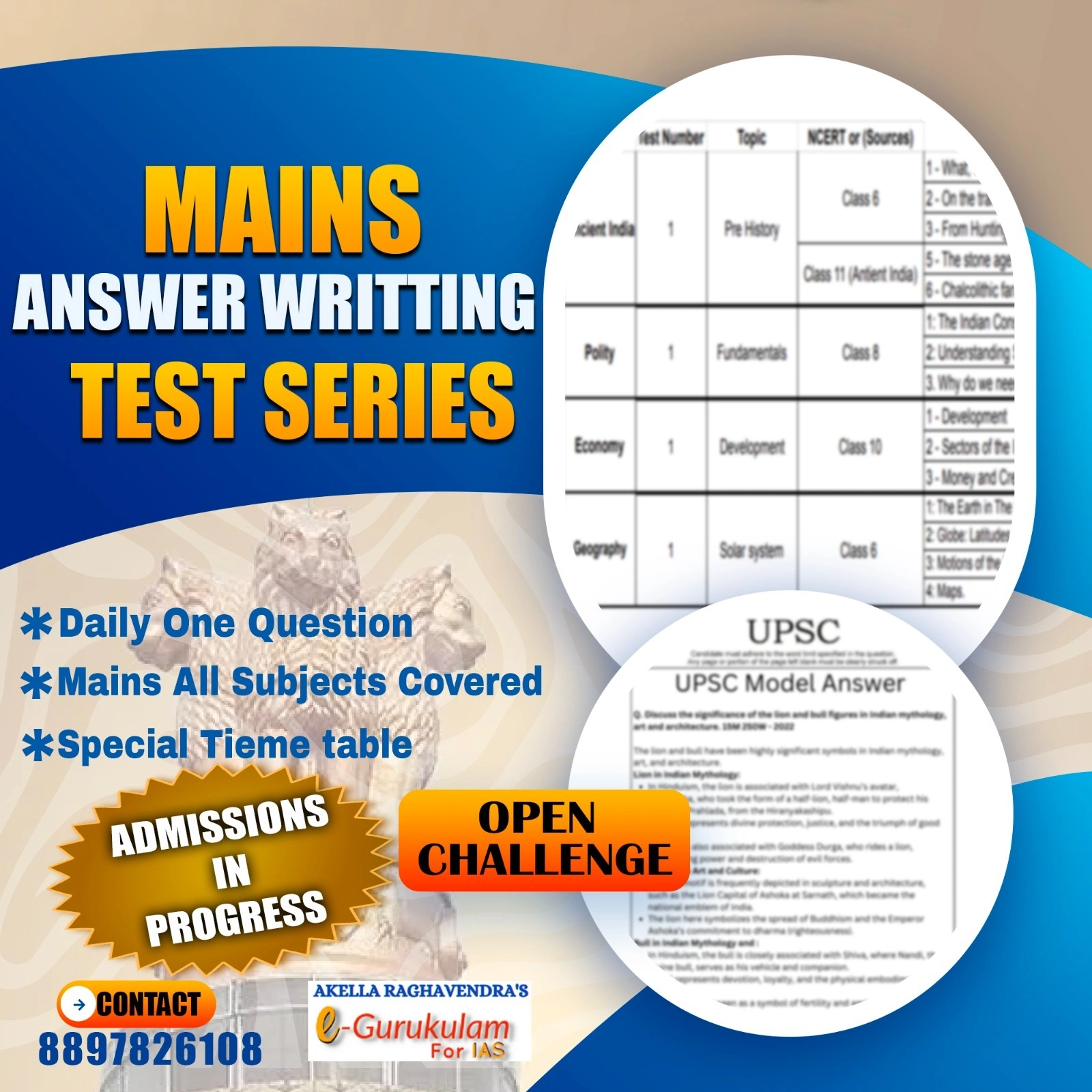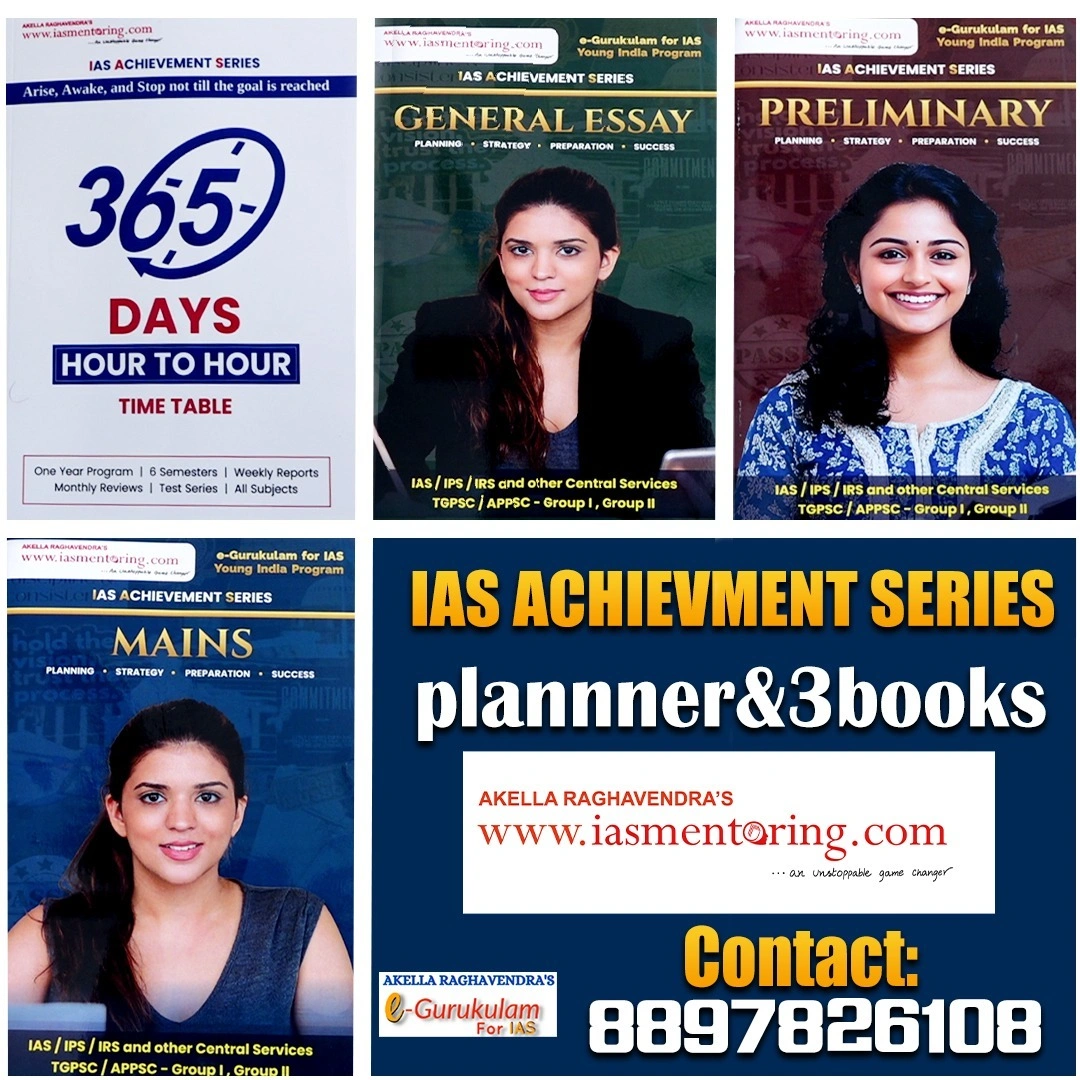Effective Techniques for Making Current Affairs Notes for UPSC CSE
Effective Techniques for Making Current Affairs Notes for UPSC CSE
01. Follow Limited and Reliable Sources
- Newspapers: The Hindu, Indian Express.
- Magazines: Yojana, Kurukshetra, Down to Earth.
- Government Reports: Economic Survey, Budget, NITI Aayog Reports.
- Monthly Compilations: Use reliable sources like Vision IAS Monthly Current Affairs or Insights IAS Monthly Compilation.
Tip: Avoid too many sources; focus on quality, not quantity.
02. Organize Notes by Syllabus Topics
- Divide your notes based on the UPSC Mains syllabus:
- Polity
- Economy
- Environment
- International Relations
- Social Issues
- This makes revision focused and exam-oriented.
03. Use Digital Note-Making Tools
- Use tools like Evernote, OneNote, or Notion for better organization.
- Tag topics for easy search ability during revision
- Keep separate sections for Prelims facts and Mains analysis.
04. Keep Notes Concise
- Write in bullet points
- Highlight key facts, data, and Statistics
- Avoid copying large chunks od text
- Example:
- Topic: Climate Change
- Fact: India aims for Net-Zero emissions by 2070 (COP26).
- Impact: Rising sea levels, unpredictable monsoons.
- Way Forward: Green energy promotion, afforestation.
05. Incorporate Keywords and Data
- Use keywords, facts, and statistics to enrich your answers
- Add government schemes, committees, and important judgments where relevant.
06. Follow an Issue-Based Approach
- Instead of isolated daily updates, focus on issues (e.g., Climate Change, Unemployment).
- Track the issue's origin, current status, challanges, and solutions.
07. Regular Revision
- revise your current Affairs notes weekly and Monthly.
- Create monthly summary notes for better consloidation.
08. Link Current Affairs with Static Syllabus
- Connect current affairs topics with Static Subjects(e.g. Polity, Geography).
- Example: Supreme Court Judgments Link with Constitution Articles
09. Use Mind Maps and Flowcharts
- Create Diagrams, Mind Maps, and flowcharts for better visual retention
- Especially useful for topics like international Relations and Economic Policies.
10. Practice Answer Writing
- Incorporate current affairs into Mains Answer writing practice.
- Use Examples and case Studies from current events to support your arguments.
11. Stay Consistent
- Dedicated 1-2 Hours daily to current affairs.
- Don't let Information Pile up, Consistency is key
12. Use Yearly Compilations Before Prelims and Mains
- Before exams, revise yearly compilations from reliable sources.
- Focus on high-impact topics
Example of a Structured Note:
- Topic: digital Personal Data Protection Act, 2023
- Key Provisions: Data Processing, User consent.
- Signifiance: Ambiguities in data access by the government.
- Way Forward: Transparent Guidelines, Stronger Data governance.











